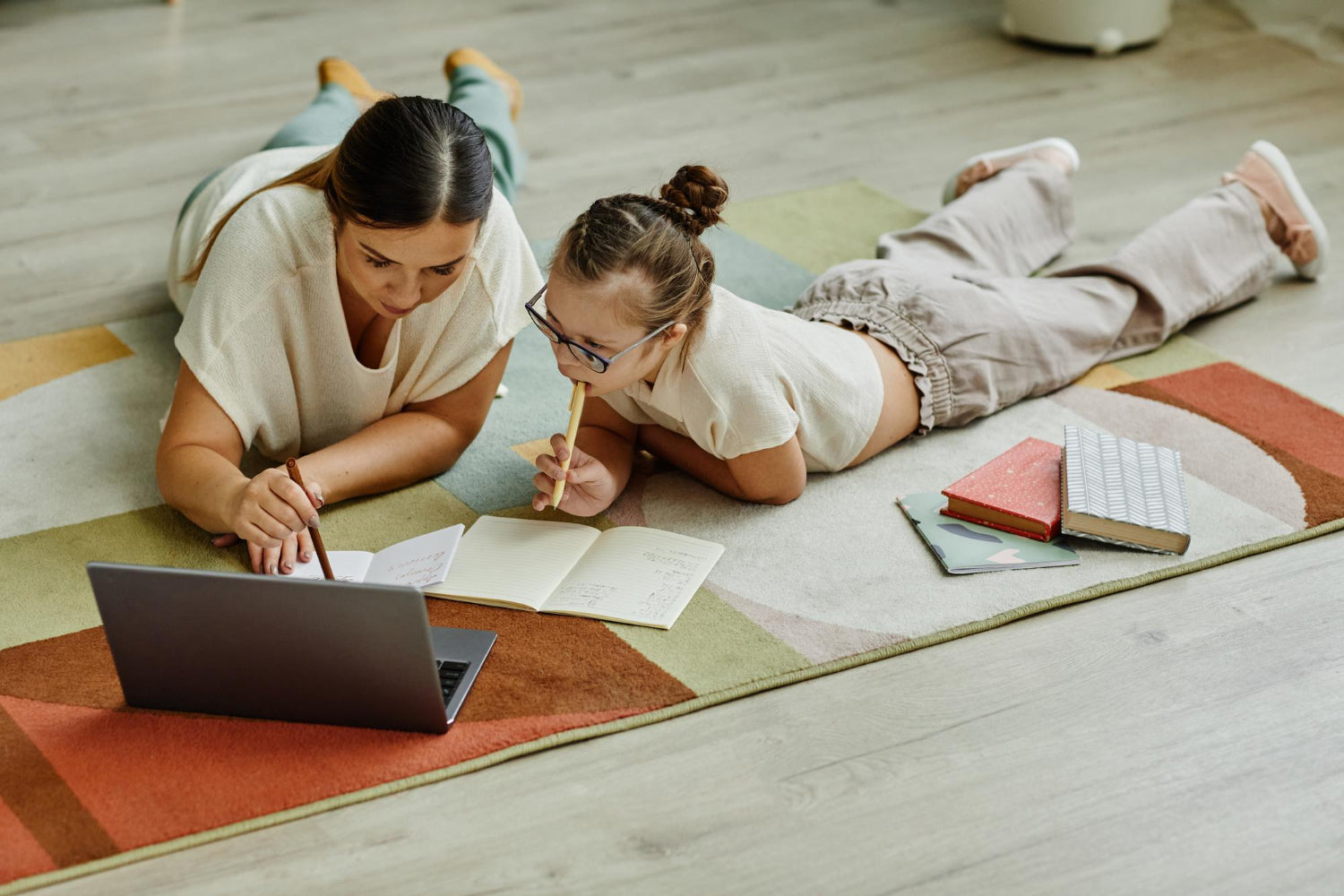Reading is one of the most crucial skills for students to develop, as it enables them to access information and participate in numerous aspects of modern life.
However, for students in moderate/severe special education classrooms, reading can be a challenging and intimidating task.
But, it is essential for us as educators to promote a love of reading and make it an enjoyable experience rather than a chore.
In this post, we will discuss the power of leisure reading and how it can be incorporated into our special education classrooms, utilizing various techniques such as audiobooks, interactive e-books, read-alouds, and picture books.
The Benefits of Leisure Reading
Leisure reading can provide many benefits to our students, including improving their vocabulary, comprehension skills, and critical thinking abilities.
According to a study by the National Literacy Trust, students who engage in leisure reading have higher levels of creativity, better social and emotional well-being, and perform better academically.
Additionally, leisure reading can encourage self-expression, help students learn about different cultures and perspectives, and foster a love for lifelong learning.
Strategies for Incorporating Leisure Reading
Incorporating leisure reading activities into your special education classroom does not have to be limited to traditional textbooks.
Consider utilizing
audiobooks, which can be accessed on various platforms such as Audible and Learning Ally. Audiobooks can provide a unique and engaging learning experience for students who struggle with traditional reading methods.
Interactive e-books, which include multimedia elements like videos and animations, can also provide students with a fun and alternative way to interact with literature.
Another beneficial strategy is read-alouds, which can help students build vocabulary, improve their listening skills, and develop an interest in reading.
Picture books are an excellent tool for visual learners and can promote creativity and imaginative thinking.
Addressing Potential Challenges
Introducing leisure reading into your special education classroom may face difficulties, including availability of appropriate books, time constraints, and varying reading abilities.
However, these challenges can be addressed by utilizing online resources such as Epic! and Bookshare, which contain a vast array of books and reading materials suited for students with moderate/severe special needs.
In addition, setting aside time even as little as ten minutes a day can make a significant impact on improving students' reading habits.
Encouraging peer support, utilizing assistive technologies, and working closely with parents and caregivers can also help overcome these challenges.
Research and Evidence-Based Practice
Research and evidence-based practice are crucial elements for successful implementation of leisure reading activities in special education classrooms.
The National Council of Teachers of English provides comprehensive guidelines for teaching literature to students with disabilities and notes that creative and innovative teaching methods can promote a love of reading.
Additionally, studies have shown that digital reading materials such as
interactive e-books can improve motivation and engagement in reading for students with disabilities. Continued research in this area can provide new insights and innovative solutions for improving the delivery of reading instruction to special needs students.
In conclusion, leisure reading can provide numerous benefits for students in moderate/severe special education classrooms.
By incorporating various reading materials such as audiobooks,
interactive e-books, picture books, and read-alouds, educators can help foster a love of reading and improve the academic and social-emotional wellbeing of their students.
While challenges may arise, utilizing online resources, assistive technologies, and peer and parent support can help overcome potential obstacles.
As educators, it is imperative that we continue to engage in creative and evidence-based practices to promote literacy for all students, regardless of ability levels.



